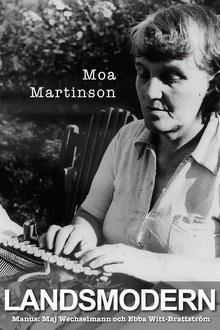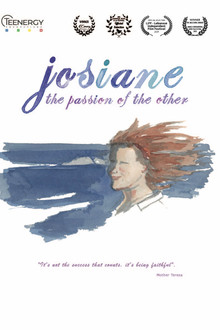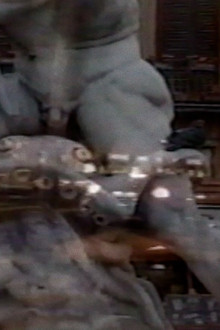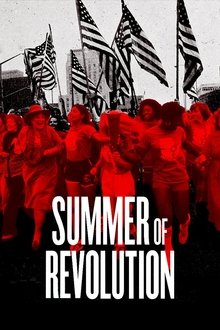Four stories set between the 60s and the 70s in Italy. Four personal female adventures crossing the path of Italian history, the struggle for women rights, the liberation of the body, in a country without memory.
Related Movies

She's Beautiful When She's Angry (2014)
A documentary that resurrects the buried history of the outrageous, often brilliant women who founded the modern women's movement from 1966 to 1971.
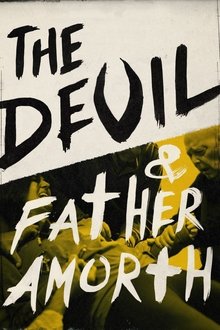
The Devil and Father Amorth (2018)
William Friedkin attends an exorcism with Father Gabriele Amorth, as he treats an Italian woman named Cristina for the ninth time. Prior to filming, Cristina had purportedly been experiencing behavioural changes and “fits” that could not be explained by psychiatry, and which became worse during Christian holidays.

Johanna Dohnal - Visionary of Feminism (2020)
Johanna Dohnal, whose political career spans three decades, was one of the very first explicitly feminist politicians in Europe. As a member of the Austrian socialist government and the first Austrian minister for Women’s Affairs from 1990 to 1994, Dohnal was responsible for founding Austria’s first women’s refuge as well as criminalizing of marital rape. Yet her legacy remains yet to be discovered and re-examined. DIE DOHNAL makes a first step, and it makes Dohnal come alive.
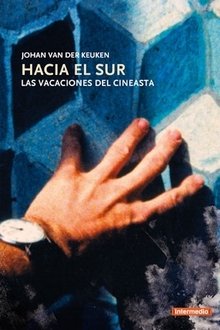
The Way South (1981)
Johan van der Keuken went against the grain in 1980: from Amsterdam (on April 30 with the coronation riots and squatting actions) via Paris, southern France and Italy to Egypt. He made his personal travelogue in three parts for VPRO television. Later, he fused the three parts into one long movie.
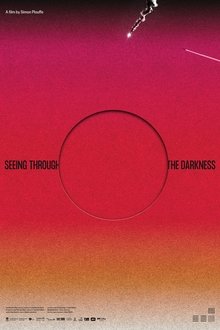
Seeing Through the Darkness (2025)
The film follows five people who lost their sight in armed conflicts, gathering fragments of their present-day lives. Through an enveloping sound composition, veiled archival material, footage shot by the protagonists themselves, and a sensitive visual approach, the film explores memory, perception, and our relationship to the visible. Steering away from spectacle, it invites us to hear what often goes unheard, and to feel differently. In an age saturated with images, this documentary offers a sensory experience where listening becomes a gesture of resistance and human reconnection.
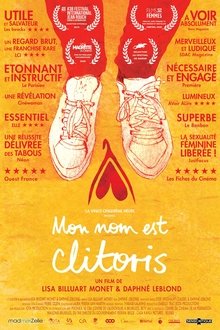
My Name is Clitoris (2019)
This documentary film is a dialogue between young women about female sexuality. Addressing the subject with freedom, courage and humor, they share their stories and experiences with the desire to change the world around them and to assert their right as women to an informed sexual education, free of constraints and taboos.
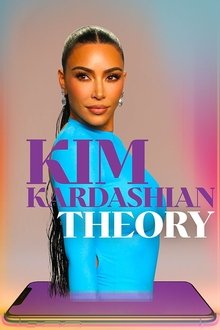
Kim Kardashian Theory (2024)
Kim Kardashian is the embodiment of our times. She's a total social figure. To analyze her is to talk about ourselves, our relationship with social networks, capitalism and aesthetic standards. Through the eyes of journalists Nesrine Slaoui and Guillaume Erner, this film proposes a theory in the zeitgeist, crossed by questions of race and gender. Journalist and sociologist Guillaume Erner wonders why Kim Kardashian is the most followed woman in the world on social networks "when she does nothing". With the help of journalist and director Nesrine Slaoui, he paints a portrait of this "total social character", who is famous because of... her fame. Fashion icon, star of a never-ending reality TV family saga, savvy businesswoman, future lawyer and activist outraged by the state of American prisons, the beautiful Kim, who is said to be tempted by a political destiny, is in fact not idle at all...

Love Commandos (2024)
In India, young people must marry someone approved by the family. Those who fall in love with someone else risk being killed for dishonour. But now they have someone to turn to for help: the Love Commandos.
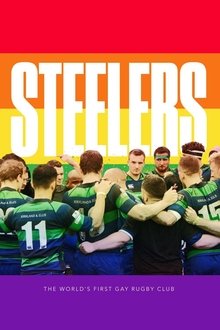
Steelers: The World's First Gay Rugby Club (2020)
Told through the eyes of an Australian news reporter, Eammon Ashton-Atkinson, who moved to the UK to escape depression, the documentary, follows 3 characters on their journey to overcome their struggles as the club competes against 60 other gay clubs in the Bingham Cup in Amsterdam – the World Cup of gay rugby.
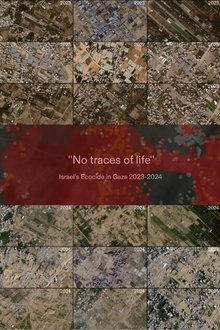
No Traces of Life (2024)
Building on Forensic Architecture’s previous investigation into herbicidal warfare and its effects on Palestinian farmers along the eastern perimeter of the occupied Gaza Strip, this investigation marks Land Day in Palestine by examining the systematic targeting of orchards and greenhouses by Israeli forces since October 2023. Our analysis reveals that this destruction is a widespread and deliberate act of ecocide that has exacerbated the ongoing catastrophic famine in Gaza and is part of a wider pattern of deliberately depriving Palestinians of critical resources for survival.
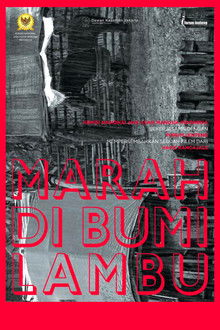
The Raging Soil (2014)
A story of the sacrifice of farmers in defending their land from the mining permit given by the local government to a big company in the district of Lambu.
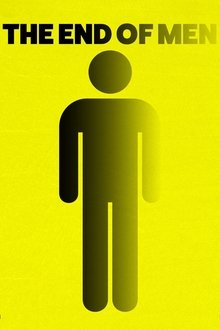
The End of Men (2011)
It used be that everyone knew what it meant to be a man. A man was rugged and reliable and got the job done. But then came the worst recession in 80 years. So what happens now that the job is gone? The End of Men is a compelling new documentary that takes a profound look at how men are coping with the evolving role of masculinity in today's world, where the old rules no longer apply.
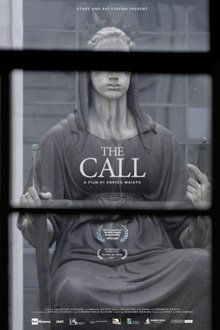
The Call (2017)
A courtroom in Milan is filled with people brought together by random selection. Long interviews lie ahead. Based on the interviews, some of them will be chosen for jury duty. However, The Call doesn’t focus on judicial proceedings, but rather considers people’s sense of justice through the conversations in the waiting room.
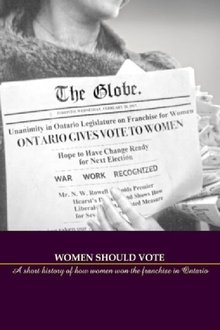
Women Should Vote: A short history of how women won the franchise in Ontario (NaN)
The documentary follows the activism of prominent suffragists such as Emily Stowe, as they struggled for an equal say in their own future. These women formed associations, petitioned the Ontario Legislature, wrote essays, and held satirical events to achieve their goals of equal rights for women. It is a celebration of the 100th anniversary of women’s suffrage in Ontario.

Revolution, Riot Grrrl Style (2014)
Today, we see a new style of feminism springing up everywhere - young, provocative and radical. To get their message across, these women have decided to rely on rock music! While the Pussy Riot shock Russia and fascinate the West, the concerts of Peaches or Grimes are sold out, while artists such as Kathleen Hanna make their comeback to remind us that it all began in 1990 in some backwater of the United States. The RIOT GRRRLS revolutionized rock and inspired entire generations of young artists around the world. This film will explore today s feminist scene while revisiting the little known history of this revolution that shook the early 90s.
